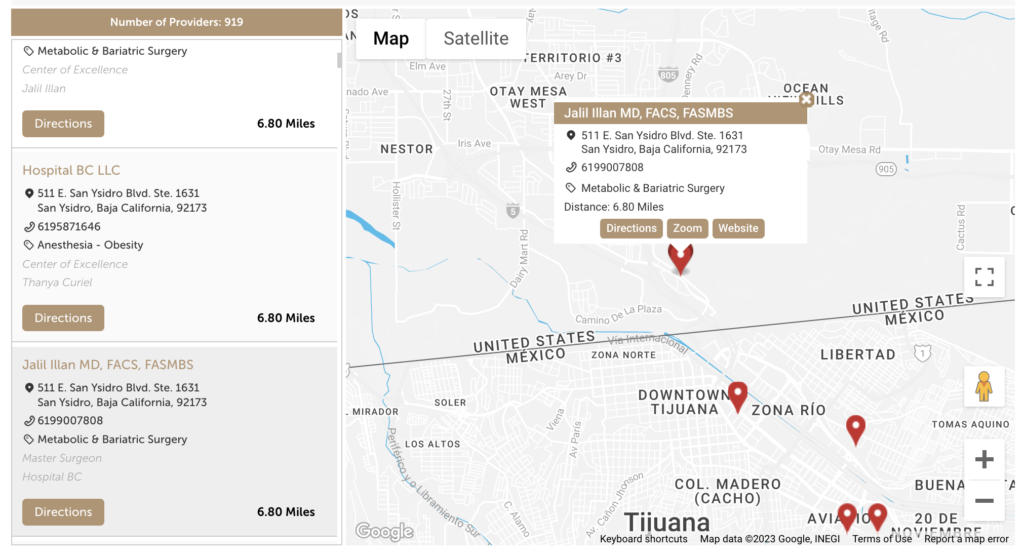Bariatric surgery has been proven to be safe and effective in countless studies and patient experiences. That being said, no type of operation is without its potential side effects. Reactive hypoglycemia after gastric bypass is not unheard of.
And you need to make a few lifestyle changes to ensure you maintain a healthy weight and adjust to your new body. So in this post, let’s explore what hypoglycemia after gastric bypass (i.e. low blood sugar after gastric bypass surgery) is. That way, you can focus on losing weight without negatively affecting your health.
Important Reading: What To Consume Before Bariatric Surgery
Low Blood Sugar After Gastric Sleeve (Hypoglycemia)
Not to be confused with hyperglycemia after gastric bypass, this condition involves a lowered blood sugar level.
Hypoglycemia is also referred to as reactive hypoglycemia or late dumping syndrome. It’s possible to develop this at a moderate level within the first few months or years after your bariatric surgery.
It’s a metabolic complication, and occasionally it’s also possible to develop this condition after undergoing laparoscopic sleeve gastrectomy, which is also called the gastric sleeve.
Frequency Of Occurrence
Usually, hypoglycemia after a gastric bypass or gastric sleeve surgery is observed somewhere between one and three years after your weight loss procedure. Around 30% of bariatric surgery patients experience this. Usually, it occurs within two to four hours after eating a meal.
The symptoms are typically moderate. Severe hypoglycemia after getting gastric bypass surgery is very rare.
Symptoms
Some of the symptoms can include pale skin, weakness, nausea, incoordination, speech difficulty, drowsiness, hunger, confusion, shaking, and sweating. These symptoms are thought to be due to higher insulin sensitivity.
Risk Factors
Those who do not have diabetes have a higher risk of complications. Those who have a lower BMI or worse lipid profile than patients who are more qualified for the surgery have a higher risk factor.
How To Treat Low Blood Sugar After Gastric Bypass
There are things you can do to prevent your risk of hypoglycemia after your bariatric surgery. Primarily, this includes a low-carbohydrate diet.
So you should resist meal portions that have 30 grams of carbohydrates or more. Instead, opt for low glycemic carbs like sweet potatoes, beans, hummus, and tofu, oat bran, yams, fruits such as apples, grapefruit, and pears.
Furthermore, salad after gastric sleeve may sound like the right move. However, make sure to follow the 4-phase diet by your surgeon because your body may not digest raw foods well just yet.
Just as you should aim for low-carbohydrate meals, you should avoid high-glycemic carbs like popcorn, pretzels, chips, pasta, soda, and white bread.
Additional Dietary Guidelines
- Avoid alcohol
- Avoid caffeine
- Drink liquids half an hour before or after your meal. (Try to avoid drinking liquids with your meal to prevent stomach expansion)
- Take vitamins and minerals
- Consume 60-80 grams of protein every day
Learn More About Gastric Bypass & Reactive Hypoglycemia
Consult with Dr. Jalil Illan Fraijo, a qualified and experienced bariatric surgeon, and rest assured that you’re in good hands. First, he’ll assess your needs, then provide the safest and most effective weight loss treatment.
Let’s ensure you lose weight and keep it off for good — together. Contact us for bariatric surgery in Mexico today.







